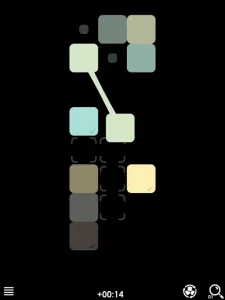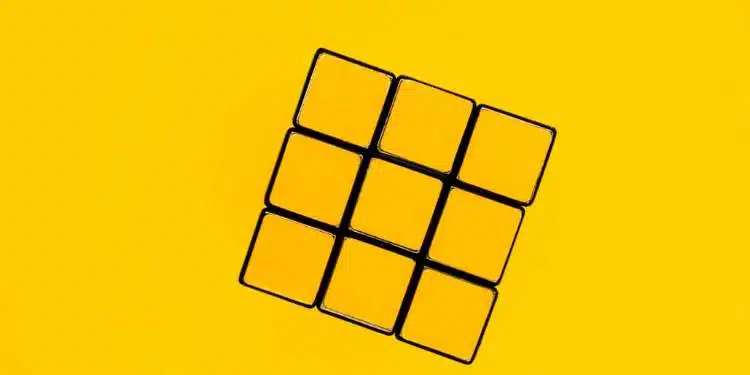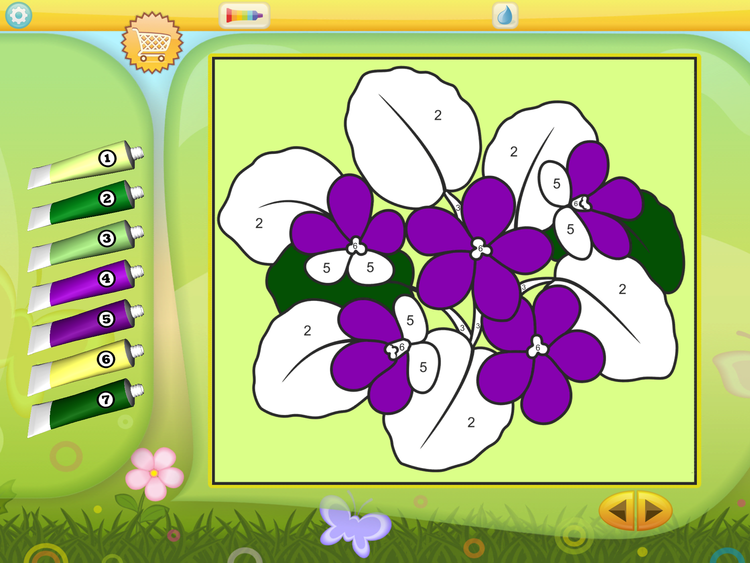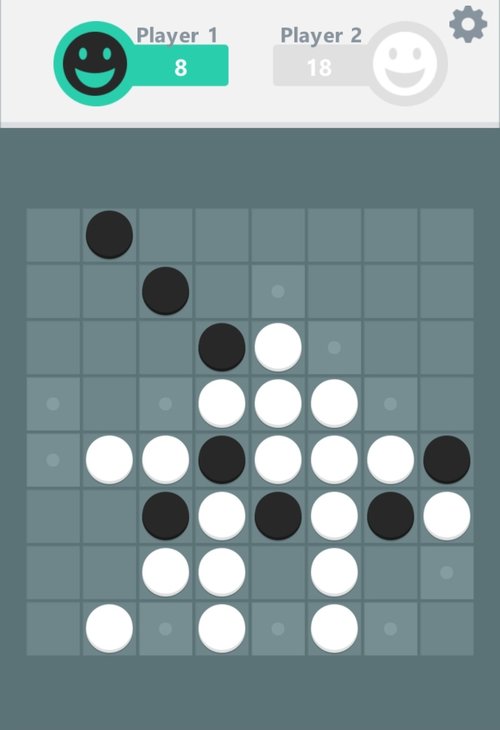Our brains naturally age, just as our bodies do. Though forgetfulness is a normal part of aging, we can, and should, exercise our brains to promote cognitive health. Online games are fun, mentally stimulating and slow down the aging process by improving our brain health.
Consider Games to Support Loved Ones With Short-Term Memory Issues or Dementia
Brain games include solitaire, jigsaw puzzles, crossword puzzles, word searches, sudoku, Mah Jongg, and more. These games are readily available online and generally free to start! Older adults with access to a computer, smartphone, or tablet can play anywhere. My 85-year-old Dad plays often to fight off loneliness and boredom now that mom is gone; the fact that these activities help with memory issues is an extra bonus.
Seniors with dementia can benefit from online games too. To avoid frustration, we recommend setting them up with games that are not too difficult. Start with the beginner level and advance slowly.
Brain Games Online
Below are a few of our favorite brain games.
Solitaire

- Clean interface
- Unlimited undos & redos
- Over 30+ solitaire card games
- Compete for the top position on leaderboards
- Available on the web at Solitairebliss.com
Solitaire is a fun game that helps combat the effects of brain deterioration and dementia.
What is solitaire? Solitaire is a game played by one person with one or more regular 52 card packs. Cards are generally dealt according to a given pattern. The object is to arrange the cards in a predetermined manner.
I’m a Puzzle – Jigsaw Puzzles

- Thousands of free online jigsaw puzzles are available
- New puzzles every day in Puzzle of the Day
- Adjustable difficulty and accessibility
- Upload your pictures and turn them into puzzles
- Try im-a-puzzle.com for a web-based jigsaw puzzle platform
Jigsaw puzzles have many benefits, including improving memory and thought processes. They are also therapeutic as they bring a sense of comfort and enjoyment – and are a great way to pass the time.
Not sure what the difference is between a jigsaw puzzle and a regular puzzle? You’re not alone. Basically, a jigsaw is a specific type of puzzle. The aim of a jigsaw puzzle is to reconstruct a picture that was cut into many small interlocking pieces. A puzzle is a general term that refers to a problem or toy that people solve for fun.
Color By Numbers – Flowers
- Coloring activity in the paint-by-numbers genre, allowing users to transform a picture from black and white to color in a structured and “failure-free” format
- Bright and clear design
- Different game modes allow for various activity levels
- Use of animations and sound effects to provide feedback
- No advertisements
- recommended by ActoDementia
- Learn more about Color By Numbers – Flowers Here
Available on GOOGLE PLAY or on the APP STORE
Othello (Reversi)
- Android only
- A board game for 2 players (best if familiar with the game)
- Gameplay hints available
- Multiplayer (pass & play) mode available
- Various difficulty modes are available
- Adjustable background colors to improve accessibility
- recommended by ActoDementia
- Learn more about Othello here
- Available on Google Play
What is Reversi (or Othello)? It’s a simple game that helps keep the brain active that is enjoyed by many. The aim of the game is to claim the most amount of stones, occupying more of the board than the opponent in the process.
Blendoku 2

- Pick up & play’ gameplay
- Does not require precision
- Relaxing background audio
- Simple and responsive interface
- No advertisements in the free version
- recommended by ActoDementia
- Learn more about Blenoku 2 HERE
- Available in APP Store
Not familiar with Blenduku? This beautiful minimalistic puzzle game is based on the principles of color theory. Puzzles range from easy to complex based on pattern arrangements and color contrasts between tiles. This game is one that requires abstract reasoning skills so may not be for everyone.
Mahjongg
- Online game for four players (best if familiar with the game)
- AARP offers a number of variations of the game:
- Mahjongg Solitaire
- Mahjongg: Age of Alchemy
- Mahjong Dark Dimensions
- Mahjong Toy Chest – Classic edition
- Holiday Mahjong Dimensions
Playing Mahjongg is a great way to keep your brain sharp. It does require more focus than the other games above. Therefore, Mahjongg may be best for someone who may be just starting to be forgetful and wants to sharpen their brain health, rather than someone already diagnosed with dementia.
Free Games to Play on Your Cell Phone to Improve Brain Health
Whether you’re a casual card player or a board game expert, everyone appreciates freebies. Here are a few of our favorites for those looking to keep their brains sharp.
The Benefits of Brain Games Online
These touchscreen apps promote enjoyable and stimulating activities for seniors who have access to technology and an interest in playing games. Many seniors living with dementia who do not have a working short-term memory happily pass the time playing simpler games. And those who feel they are becoming more forgetful lately and want to strengthen their brain health may find games like Mahjongg extremely helpful and also fun! Keep in mind that while brain games can be enjoyable and mentally stimulating, maintaining a healthy lifestyle, with regular physical exercise, proper nutrition, and social engagement, are crucial factors for overall brain health.
Helpful Resources for Those With Dementia or Alzheimer’s Disease:
Alzheimer’s Association
Family Caregiver Alliance
Alzheimer’s Foundation of America
Cleveland Clinic Healthy Brains
Caregiver Action Network
Dementia Friendly America
Memory Cafe Directory
FAQs About Brain Games Online
You can play brain games online or off. Below are frequently asked questions about brain games.
How do brain games work?
Brain games typically present players with various tasks and puzzles that require mental effort and focus to solve. These tasks can vary from memory tests, pattern recognition, math problems, word puzzles, and more. The games aim to engage specific areas of the brain to improve cognitive skills.
Do brain games really work?
The effectiveness of brain games in improving cognitive abilities is a subject of ongoing research and debate. While some studies suggest that regular engagement in challenging cognitive activities can have positive effects on certain cognitive functions, the overall impact on general intelligence or brain health is still uncertain.
Can brain games prevent cognitive decline or Alzheimer’s disease?
There is no conclusive evidence that brain games alone can prevent cognitive decline or diseases like Alzheimer’s. Leading a cognitively active lifestyle, which includes brain games as one component, may be beneficial, but it’s essential to combine it with other healthy habits, such as regular physical exercise, a balanced diet, and social engagement.
Where can I find brain games online?
Numerous websites and mobile applications offer brain games. Some popular platforms include Lumosity, BrainBashers, Elevate, Peak, and many more. It’s essential to choose reputable sources and games that suit your preferences and needs.
Are brain games free to play?
Many brain games online offer a combination of free and premium content. Some games may have limited free levels or a time-based play restriction, while others may offer a subscription model to access the full range of games and features.
Check back on this page of 50PlusToday often – we will be adding to the list regularly!! And if you know of some good brain games online, please share them in the comment section below. We’d love to hear from you!














Does it cure dementia in old mates?
These games help keep your brain stimulated, but unfortunately are not a cure. Thanks for reaching out.
I love this blog post! I always find new ways to improve my memory and this article is a great reminder.
Thank you!!